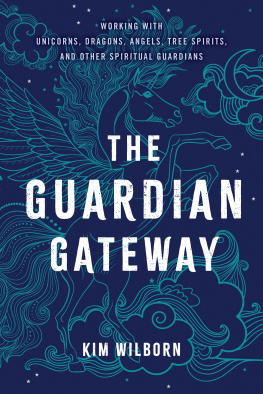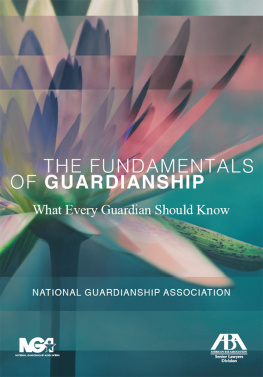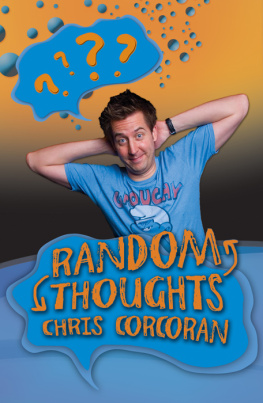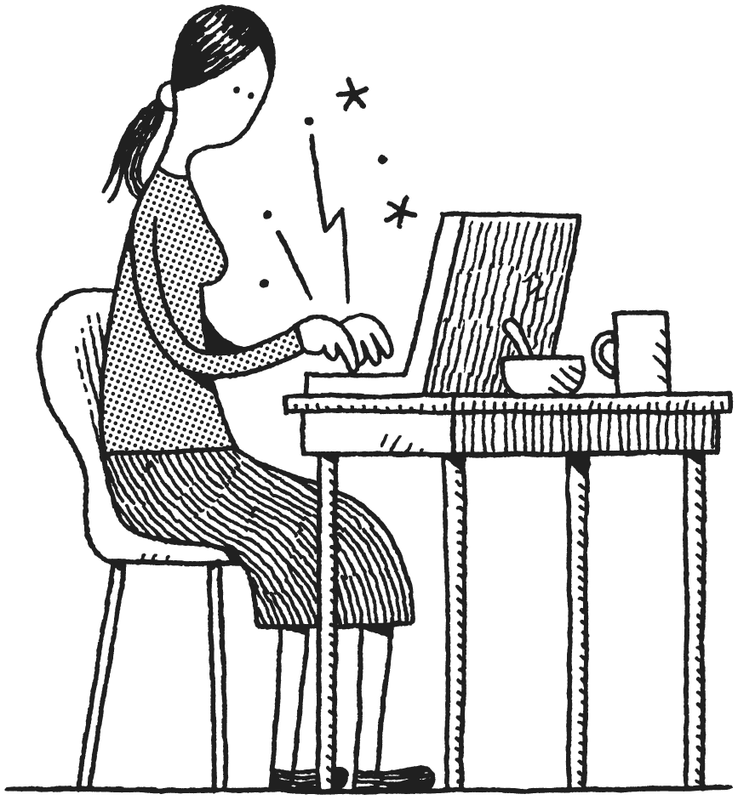Comment is free, but facts are sacred.
C. P. Scott
Below the line. Three words guaranteed to have struck fear into Guardian writers at some point in their careers. Before the arrival of Comment Is Free, writers had a very straightforward dare I say, satisfactory relationship with their readers. The writers wrote and the readers read. Occasionally a letter would arrive several days after an article appeared usually to point out an error, though sometimes to congratulate but for the most part there was silence. A silence into which anything could be read: a silence that writers for the most part interpreted as a sign that the article they had written was indeed the best thing to have appeared in the newspaper for some months.
Comment Is Free put an end to that particular illusion. It turned out that some readers thought the articles were completely ill-informed and the writers catatonically stupid. Did xxx really get paid to write this? is a familiar below the line leitmotif. This is not a line of argument any writers really want drawn to their bosss attention. Unsurprisingly, it took time for writers to learn how to engage with commenters. Some chose, and still choose, to ignore them and make a point of never responding; others chose to get stuck in.
My own terms of engagement vary. If I am feeling a bit weedy and insecure, I try to stay away from the comments; there are some days when I dont need my all too obvious defects pointed out. If I am feeling more robust and think I have something to add, then I will join in. It has led to some curious exchanges. Shortly after I was appointed the new parliamentary sketch-writer following the death of Simon Hoggart, it was decided I should have a new byline photo as the old one was now 10 years out of date. Within days of its first appearance, at least a dozen people had commented that the new photo was horrific and frightening. Could I please change it? they asked. I wrote back to say that, regrettably, I couldnt, as that was what I looked like. The only consolation I could offer was that while they could avert their eyes, I was rather stuck with it.
Some of my below the line interactions have been bruising; people are often far more blunt, rude even, online than they would dare to be face to face. But far more have turned out to be rewarding. The spikiness of the initial exchanges has turned into something more considered and nuanced; even if neither of us has admitted we were God forbid wrong, we have conceded the other may have a point. Several commenters have even gone on to become regular email friends. They moan to me about something, I moan back.
Mostly though, Ive come to realise that below the line is a bit like being trapped in a train carriage full of Guardian readers and drifting in and out of hundreds of different conversations. Some are dull and predictable, some are repeats of what has been said the previous week and the week before that. But some most frequently when commenters have long since moved off topic and started their own private/public conversation are just riveting. As good, if not better, than anything that ever appears above the line. Intelligent, offbeat, deranged and funny. Though sometimes its hard to work out just how intentional the humour is.
Marc Burrows has collected the finest and the weirdest below the line contributions and compiled them into the wonderful I Think I Can See Where Youre Going Wrong. There are gems on every page. My own favourites are: I know someone who once drank a soy latte and six years later their car got stolen; The only thing worse than checking your phone at the dinner table, save for ethnic cleansing and genocide, is pausing live football to have a smoke; and Parents should not be allowed to buy books called Baby Names. They forget that they are not naming a cute little baby; they are naming someone who they hope will become a confident happy 30-year-old. Called Sonny, or Fifi. The books should be called Person-who-will-be-choosing-your-retirement-home Names.
You will have your own favourites. Every area of Guardian life is here. Seek out and enjoy.
John Crace, November 2014
Someone forwarded me a tweet a few weeks ago. It said: Moderating comments on the Guardian website is the worst job I can possibly imagine. Not air traffic controller, not sweatshop worker, not even toilet cleaner in a dysentery ward on Madras Mondays they considered the worst possible job anyone could ever do, in the entire world, was having to read comments on the Guardian website. Its a statement that caught my attention because that is literally my job, and has been for the last three years. I am a senior community moderator for theguardian.com: the news and media website that by early 2014 was receiving in excess of 100 million unique visitors per month, and on a good day somewhere north of 47,000 comments. In the middle of all this is me and a small team of colleagues, trying to bring some sense of order and decency to proceedings by doing what is apparently the worst job in the entire world. Several other Twitter users agreed. It was one of those moments that cause you, however briefly, to reappraise your life choices.
You might wonder what problem anyone could possibly have with the Guardian comments section. Surely its all recipes for lentil casserole and shared plans for knitting ones own yurt from leftover string and wholemeal organic noodles? Well, yes, inevitably there is a bit of that, but thats by no means the whole story. The Guardians (and indeed the Observers; for the two share the site) website has become one of the most populated platforms for online discussion in the entire world, and that inevitably means the conversational tone is set rather wide: all human life is here somewhere, ranting about the news, the weather, the football or debating the origins of Shakespeares plays in a comment thread that runs to double the length of the Bards complete works (a real example, by the way; only two commenters were involved). Left- or right-leaning, male or female, old or young, online communities do tend to attract commenters that passionately believe the first rule of the internet: they are completely right, and everyone else is wrong.
Whats fascinating is how utterly contradictory this can sometimes make the Guardian community. For example, some commenters, lets call them Group A, will respond to an article about the BBC with a rant stating that the beloved corporation is a fundamentally biased leftwing nest of barely contained Marxist sedition (and Doctor Who). Then theres Group B, which claims that the BBC is nothing more than the mouthpiece of the Tory-led coalition, and as such a nest of rightwing reactionaries desperate to tread on the poor while propagating its agenda of iron-fisted austerity and Thatcherism (and












